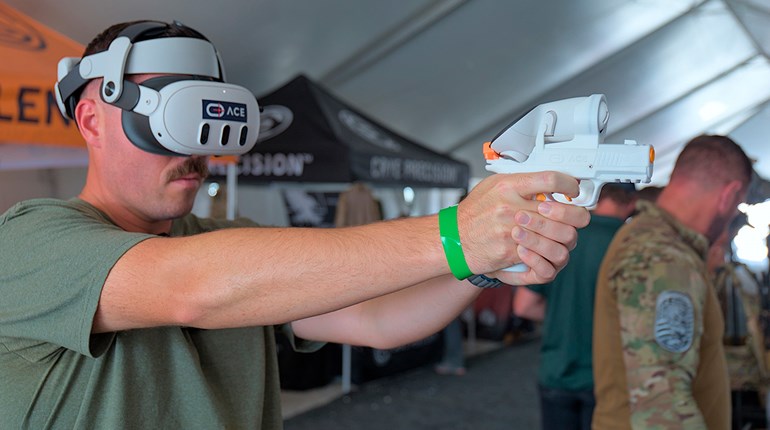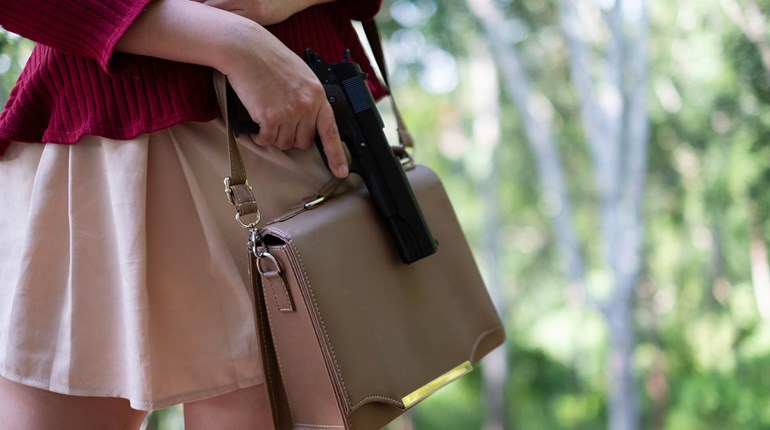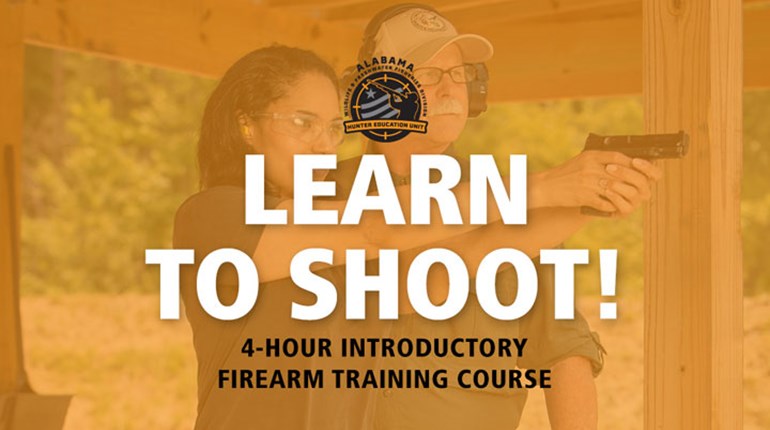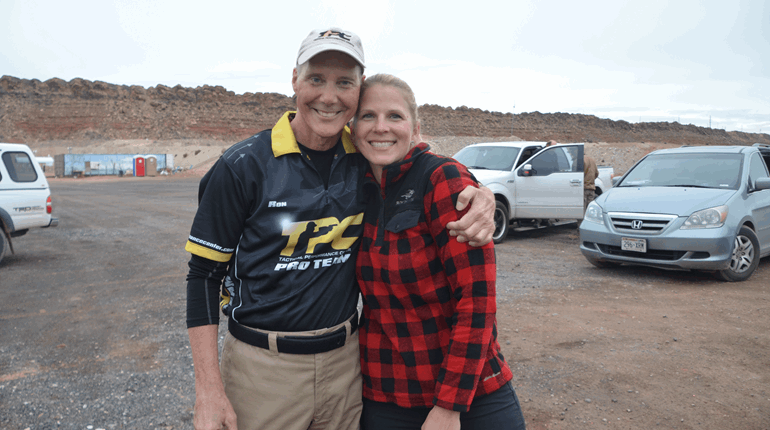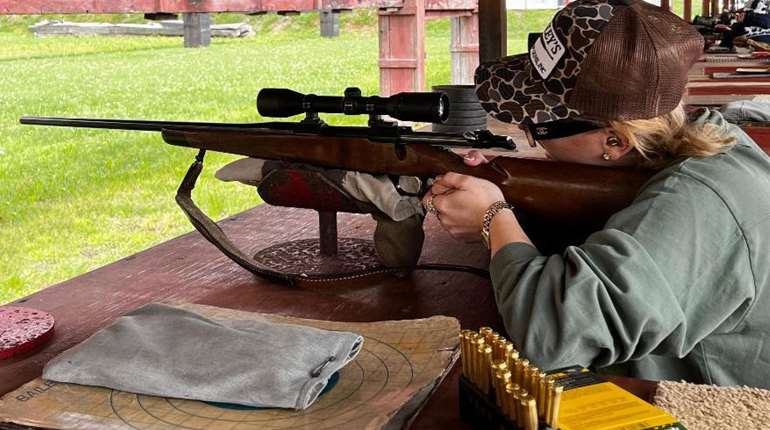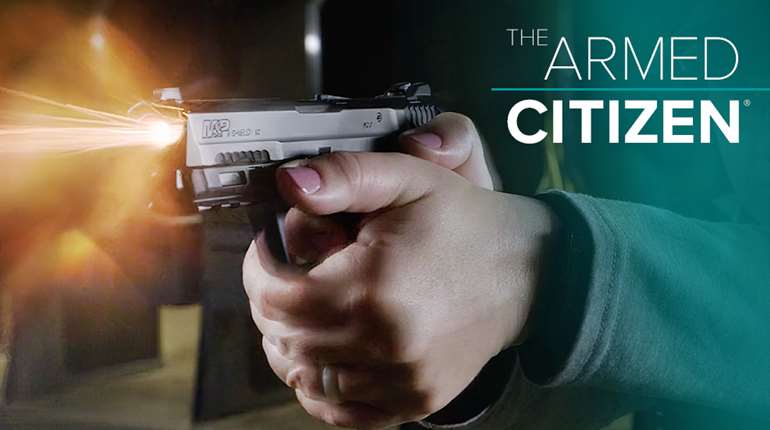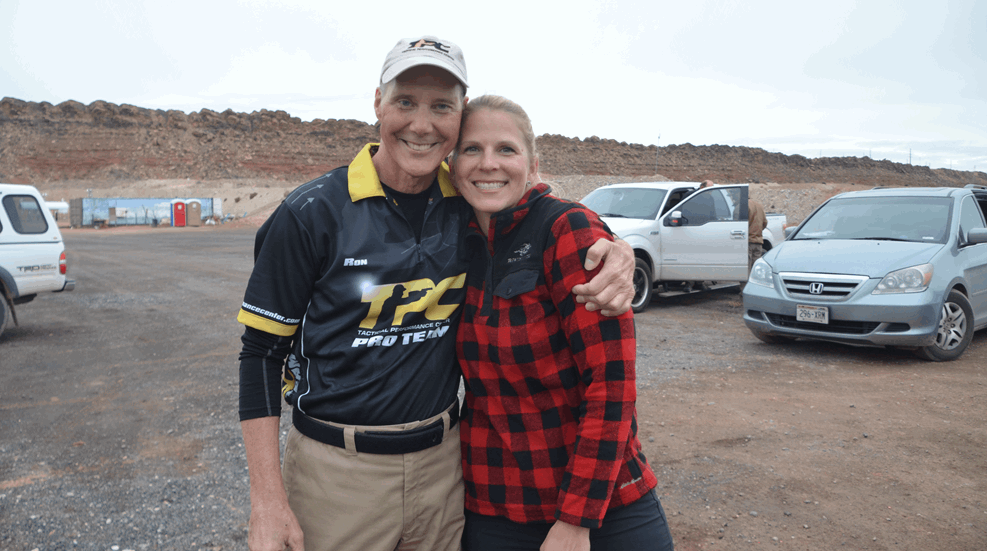
Whether you are a seasoned shooter or a novice with your first firearm, one thing you should absolutely invest in is training from a qualified instructor. Unlike riding a bicycle, shooting is a perishable skill—and you would be shocked at how quickly that expiration date comes up. That’s why even seasoned shooters regularly seek firearms handling training. Keeping your shooting skills sharp is for everyone, beginner and expert alike. However, not all instructors are for everyone. It’s important to pick a qualified trainer who can help you reach your goals. Today, we’re going to look at some factors to consider as you look for an instructor.
1. Figure out what you need.
Are you a beginner? You need to find someone who will help you build the skills to safely shoot your firearms at a speed and level suitable for a beginner. Most brand-new gun owners will benefit from any class, but a safety course is a must. To make it more fun, invite family and friends to learn basic skills together.
Are you a middle-of-the-road shooter who has perhaps dabbled in plinking and hunting, but wants to start competing? Are you a concealed-carry permit holder who has carried for years, but wants to learn skills for a particular setting? You need to find a class from an instructor who has both the ability to teach at your level, and expertise enough to tailor training to your needs.
Are you a seasoned competitor who needs to perfect your footwork and technique? You need to find someone who will help you develop a plan to continue to improve.
2. Find someone with a reputation as a teacher.
No matter what your skill level or goals are, a very important part of selecting someone to train with is doing some investigating. Ask friends who might have trained with a particular person or group. Read social-media feedback about the events that the instructor or training company has held recently.
I know some competitive shooters who took a class with Instructor X and Instructor Y. They said that, “Instructor X is a shooter who teaches ... but Instructor Y ... is a teacher, who can shoot.” Some people have a capacity to share what they know in ways that reach others, some do not. This is also a reason to take classes with more than one instructor—you might mesh with one person over another, and that’s okay!
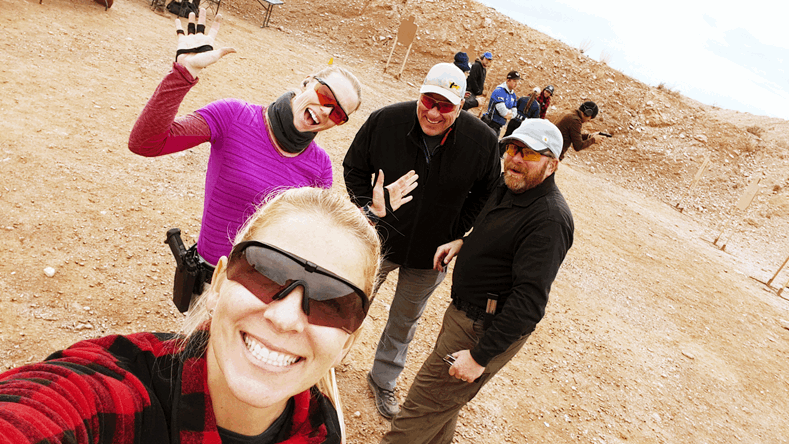
3. Team up and invite an instructor.
My local USPSA Club has repeatedly invited Mike Seeklander to instruct classes. This means a better price for students and a no-travel method of taking a class with a well-known instructor. Additionally, by taking it with local shooters, the feedback and info from that class can be reinforced whenever your classmates shoot together.
4. Find a mentor.
The best instructors insist that finding a mentor and working with them is essential to growth.
Ways a mentor can help you:
- Identify weaknesses and strengths in your skills
- Act as a person to compare skills with.
- Motivate you to keep training or try something new.
- Help you decide what skills or areas of training to focus your efforts.
- Share insight into what has helped them improve their skills.
- Bounce ideas off and trouble-shoot areas you need to work on.
A mentor can be a family member or a friend who you enjoy spending time with. It doesn’t have to be all seriousness all the time. Find a person whose skill you respect who likes to share what they are passionate about (Someday, we hope you’ll remember that mentoring and teaching is also good for the mentor.)
Things to look for in an instructor or class:
- One-on-one instruction or time with instructors and a high ratio of instructors to students. If you cannot afford one-on-one instruction, refer to number 3 above and get together with friends or family or your local club and invite an instructor.
- Clearly laid out class format and expectations.
- Range time prioritized over classroom time.
- Classes with range fees built into the class.
- Instructors who can share who they have worked with and how they have helped others.
The Most Important Thing
The most important thing you should know about instruction is that learning can happen anywhere and with anyone. You don’t have to be a world-class shooter to help a world-class shooter. Observations of fact are no less valuable because they come from someone’s mom or wife vs. Pro Shooter X. Some of the best competitors in the world have been trained by their parents, and the ability to see the small things happening is a skill that exists in many places—you just have to pay attention.












